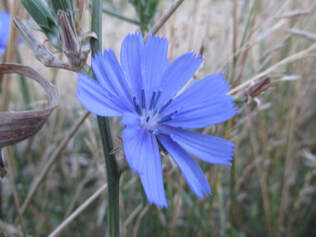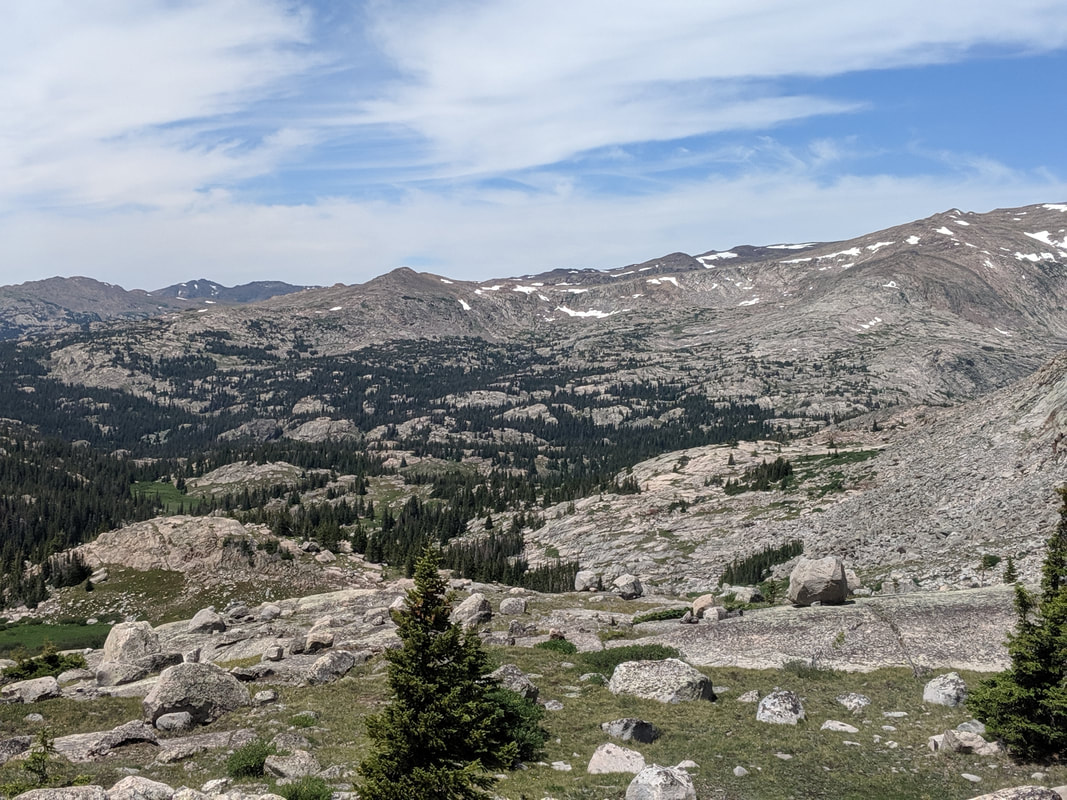Developing and applying novel statistical methods for mechanistic predictions

Ecological systems are notoriously complex with multiple interacting mechanistic drivers at play. When we fail to account for the distinct ecological and evolutionary mechanisms operating in a given system, our inferences will be impaired and our predictions will suffer. In our lab, we use the mechanistic insights gained from theory and small-scale experiments to develop new statistical approaches to apply to large scale ecological patterns.
Sometimes, this can mean developing completely novel methods, while in other cases we are able to borrow existing techniques from other fields and adjust them for eco-evolutionary applications. In our work, we use Bayesian variable selection, sparse modeling, Approximate Bayesian Computation, and machine learning among other approaches. Current projects include estimating species-specific interaction terms in highly diverse communities, incorporating rapid evolution into models of spatial spread, and incorporating phenology and observation error into a model of seasonal plant-pollinator interactions.
Sometimes, this can mean developing completely novel methods, while in other cases we are able to borrow existing techniques from other fields and adjust them for eco-evolutionary applications. In our work, we use Bayesian variable selection, sparse modeling, Approximate Bayesian Computation, and machine learning among other approaches. Current projects include estimating species-specific interaction terms in highly diverse communities, incorporating rapid evolution into models of spatial spread, and incorporating phenology and observation error into a model of seasonal plant-pollinator interactions.

